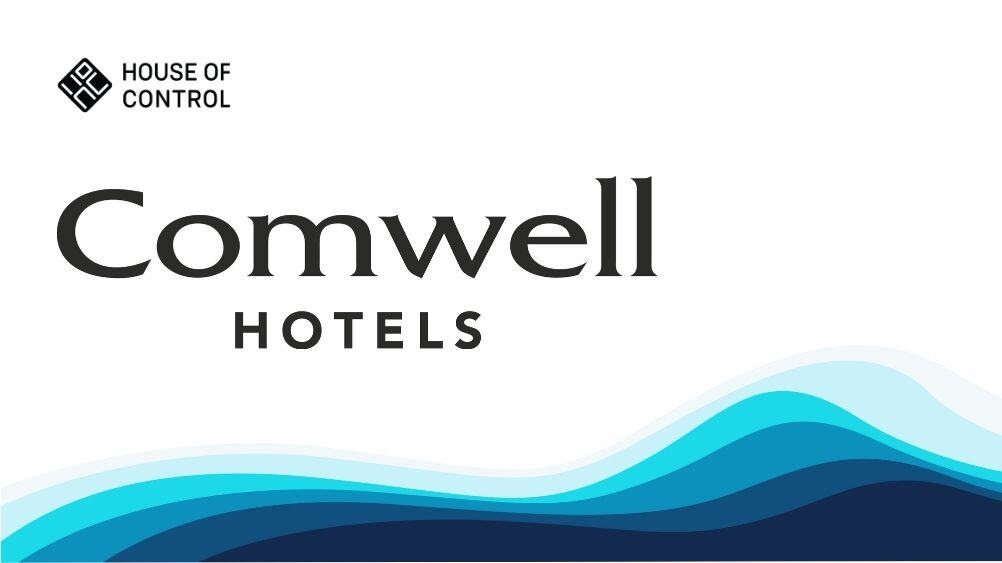The costs of poor contract management
Managing contracts poorly has direct and substantial costs to the company, but the indirect costs are often even higher and causing more harm.

Poor contract management can be an expensive issue. A lack of oversight over contract terms leads to financial losses and legal complications.
Poor contract management can cost companies up to 9 percent of their annual revenue. Additionally, businesses risk lost income, compliance breaches, and reputational damage. These are among the findings in a report by the International Association for Contract & Commercial Management (IACCM).
We believe one of the main reasons is a lack of a structured approach to managing contracts – including having a clear understanding of who is responsible for each contract. This can result in significant costs, both direct and indirect. Below is a quick overview of these costs, followed by a suggested solution.
Direct costs
Overordering of services or products is one of the most immediate consequences of poor contract oversight. Without a centralized system to track agreements, companies too often duplicate orders, leading to surplus inventory and wasted resources.
Another frequent issue is the automatic renewal of contracts without proper review. Because: It's challenging to alert stakeholders before expiration dates when contracts are not centrally managed. This can lock companies involuntarily into costly contracts.
Missing the opportunity for renegotiation is a critical concern related to renewing contracts without proper review. Contracts usually have clauses for renegotiation before renewal. However, if the company is unaware of the critical timeline, it misses out on potential savings or improved terms.
The direct costs already mentioned, will have effects on the profit and loss statement. Unused discounts also have negative financial effects. If employees are unaware of existing framework agreements, they often end up buying from alternative suppliers with less favorable terms, increasing costs unnecessarily. Also, registering new vendors and processing their invoices adds to administrative expenses.
Companies that fail to monitor contract terms risk that price increases from suppliers go undiscovered, leading to higher future costs.
Managing contract disputes is another area where costs can escalate. Resolving contract disputes consumes time and financial resources, while damaging trust with business partners.
Indirect costs
Indirect costs are equally harmful, but they are often more disguised. For example, weak contract management can reduce scalability – your costs increase more than they need to as your company grows. Operational inefficiencies, such as missed deadlines and wasteful spending, can also damage your company's professional reputation.
Inadequate contract management often goes together with equally inadequate vendor management. Both make it challenging to comply with transparency laws and corporate social responsibility requirements. The indirect costs can be both financial and reputational.
Time spent searching for and understanding contracts takes focus away from strategic priorities and long-term goals. In addition, poor contract management complicates internal collaboration. The hidden costs of both can be very high, especially in a time of a challenging business environment.
There are also hidden costs on the income-earning side of your business. Inconsistent handling of customer agreements leads to income loss. Also, unmet expectations and strained relationships causes customer dissatisfaction.
Then come red flags for potential investors. A lack of clarity around contractual obligations makes the company less attractive to investors. Finally, poor contract visibility can lead to inaccurate bookkeeping, undermining the integrity of financial reporting and decision-making processes.
Getting started
Despite these direct and indirect costs, improving contract management doesn’t have to be complicated. By following a few simple steps, businesses can streamline their processes:
Start by centralizing all contracts in one location, review them to ensure they are valid and up-to-date, and assign clear responsibilities for follow-up. Establish routines for tracking important dates, such as renewals or terminations, with timely notifications.
Technology, particularly contract management software, can be a game-changer for businesses looking to regain control over their agreements and obligations. These tools offer features like automated alerts for critical dates, searchable archives for quick access, and intuitive dashboards that provide a real-time overview of all contracts.
Additionally, contract management software reduces risk by ensuring contracts meet both legal requirements and internal standards. By digitizing contract processes, companies can save time, minimize risks, and improve profitability—while building a more efficient and future-ready operation.

.webp)

.webp)